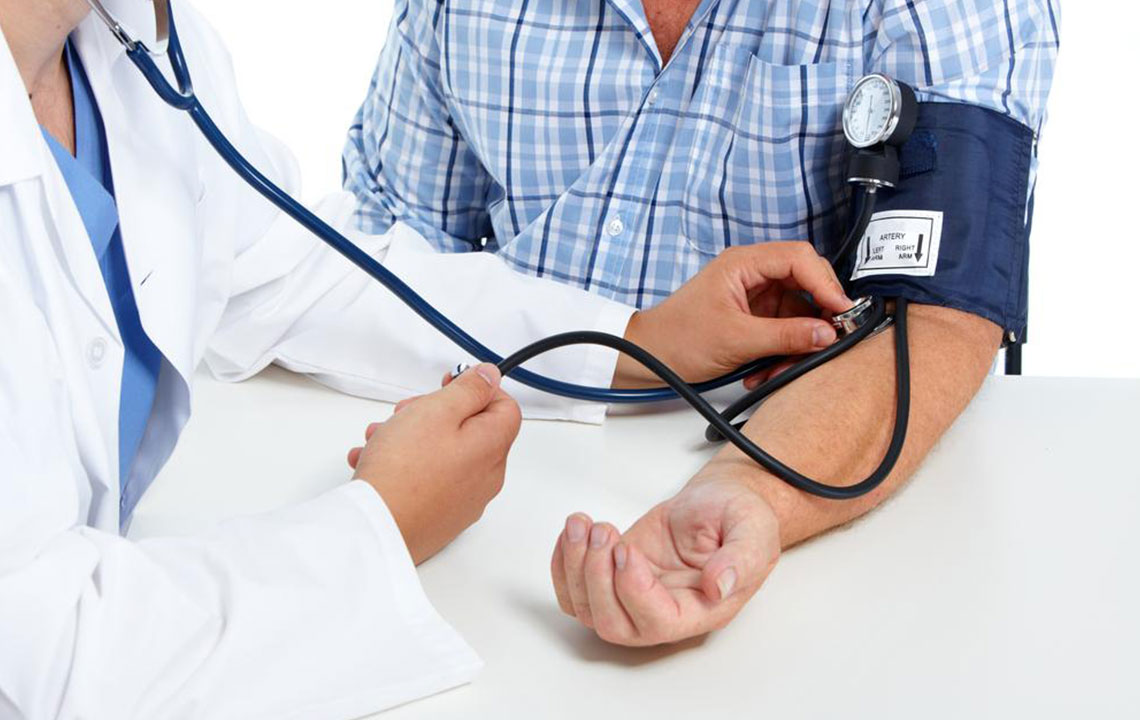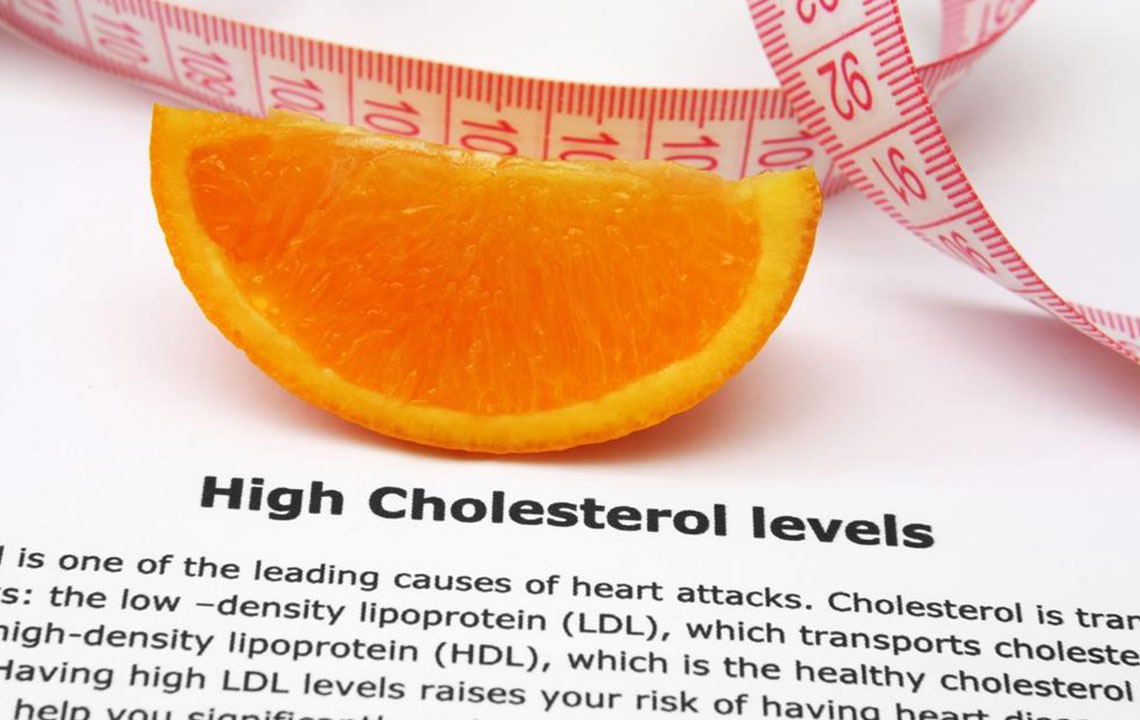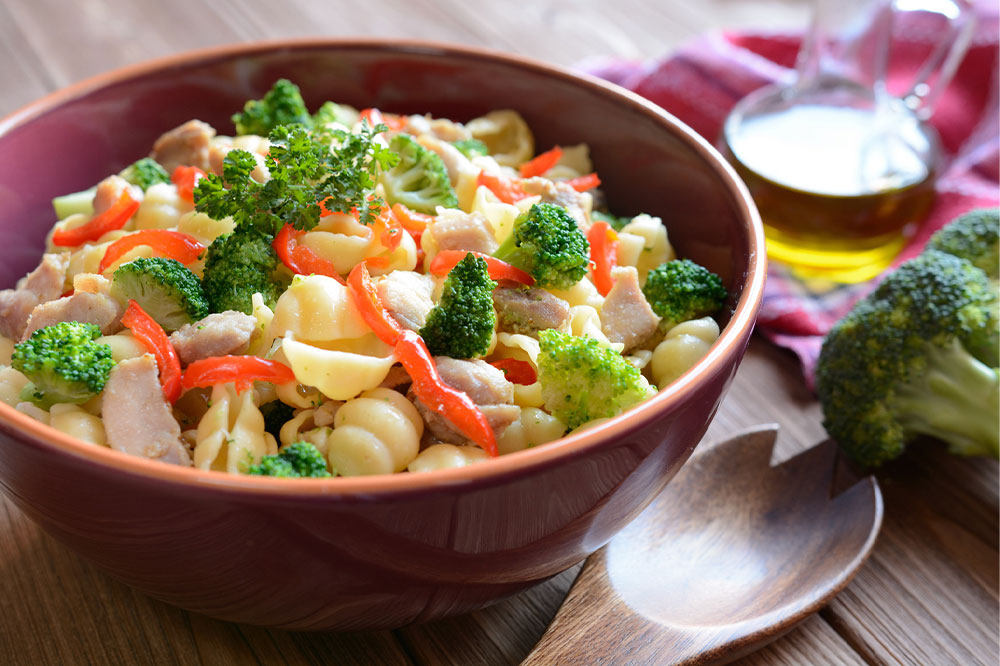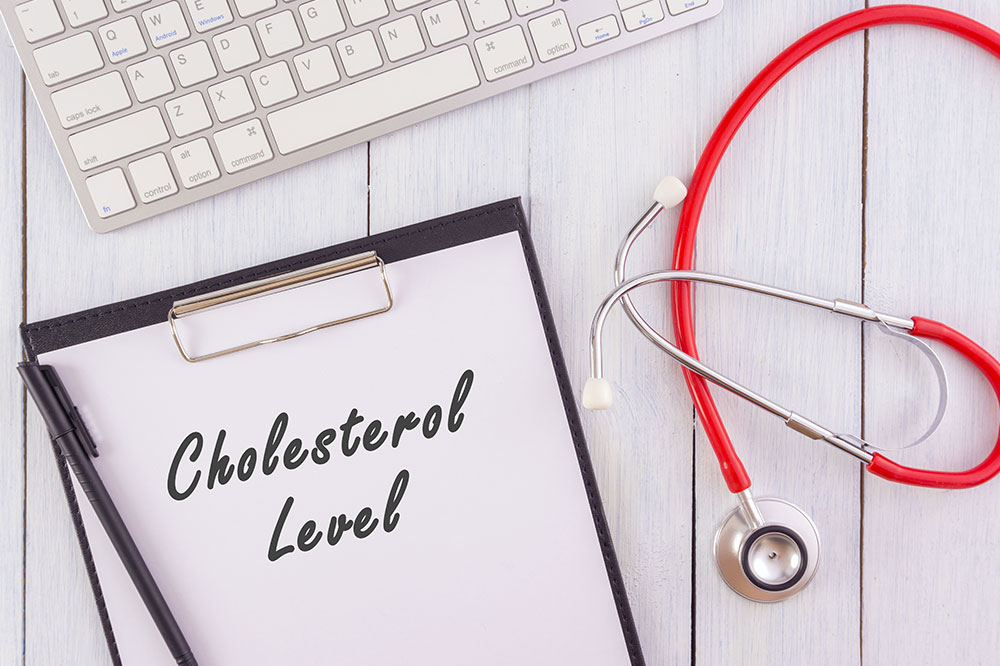Natural and Effective Strategies for Managing Hypertension and Improving Cardiovascular Health
Learn comprehensive and scientifically supported natural strategies to manage hypertension. This article covers dietary tips, herbal remedies, lifestyle modifications, and stress reduction techniques to effectively lower blood pressure, prevent complications, and promote heart health. Emphasizing diet, exercise, supplements, and stress management, it provides a holistic approach suitable for those seeking to control hypertension naturally and improve overall cardiovascular wellness.

Natural and Effective Strategies for Managing Hypertension and Improving Cardiovascular Health
Maintaining optimal blood pressure levels is essential for overall health and well-being. Hypertension, often called high blood pressure, is a common condition characterized by the persistent elevation of pressure within the arteries. When left unmanaged, it can lead to serious health complications, including heart disease, stroke, and kidney damage. Fortunately, there are various natural strategies and lifestyle modifications that can help control hypertension effectively without solely relying on medication.
Understanding the importance of managing blood pressure proactively is vital. High blood pressure is often dubbed 'the silent killer' because it frequently exhibits no obvious symptoms until significant damage has occurred. Recognizing early signs such as dizziness, frequent headaches, nausea, vomiting, or blurred vision can prompt timely medical intervention. Additionally, symptoms like shortness of breath, chest discomfort, weakness, and nausea may signal cardiovascular issues linked to elevated blood pressure, warranting immediate medical attention.
In this comprehensive guide, we explore scientifically supported natural approaches to managing hypertension, including dietary strategies, herbal remedies, lifestyle changes, and stress reduction techniques. These methods aim to promote cardiovascular health, lower blood pressure naturally, and improve overall quality of life.
Prolonged hypertension can cause grave health consequences, including:
Heart failure
Myocardial infarction (heart attack)
Stroke
Vision impairment or loss due to eye damage
Kidney failure
Aneurysm formation
Peripheral arterial disease
Taking a holistic approach combining diet, physical activity, and stress management plays a crucial role in blood pressure regulation. Incorporating specific herbs and foods can significantly contribute to lowering hypertension levels naturally. For example, cinnamon, cardamom, flaxseed, ginger, garlic, hawthorn, celery seed, and cats claw are renowned for their blood pressure-lowering properties.
Dietary modifications should emphasize foods that promote diuresis and cardiovascular health. Consuming cranberries, watermelon, and other water-rich fruits helps flush excess fluids, reducing blood volume and pressure. Staying well-hydrated with water and herbal teas while avoiding caffeine, excessive alcohol, and sugary beverages decreases stress on the cardiovascular system.
Focus on a nutrient-dense diet filled with raw fruits and vegetables—spinach, tomatoes, garlic, and celery are excellent choices to support healthy blood pressure levels. Limit processed, canned, or packaged foods high in sodium, which can cause rapid increases in blood pressure and negate efforts to manage hypertension naturally.
Use of supplements such as Omega-3 fatty acids, extra virgin olive oil, and grape seed extract has gained scientific backing for their beneficial effects on blood pressure and overall heart health. Incorporating these into daily routines can enhance the effects of dietary and lifestyle changes.
Another critical component of managing hypertension is lifestyle modification. Maintaining a healthy weight through balanced eating and regular exercise reduces strain on the heart and arteries. Engaging in at least 150 minutes of moderate exercise weekly, such as brisk walking, cycling, or swimming, can contribute significantly to blood pressure control.
Dietary choices should prioritize whole grains, fresh produce, and low-fat dairy products, with sodium intake limited to less than 2,300 mg per day—ideally under 1,500 mg for optimal benefits. Cutting back on processed snacks, fast foods, and restaurant meals can dramatically lower sodium consumption.
Managing stress plays a pivotal role in controlling blood pressure. Relaxation techniques like meditation, deep breathing exercises, yoga, and mindfulness meditation help reduce stress-induced blood pressure spikes. Ensuring sufficient quality sleep, typically 7-9 hours per night, supports overall cardiovascular health.
Limiting alcohol consumption and quitting smoking are essential steps for blood pressure management. Excessive alcohol intake raises systolic and diastolic pressures, while smoking damages blood vessels and accelerates atherosclerosis, increasing hypertension risks.
Finally, while natural strategies can effectively complement medical management, it remains crucial to consult healthcare professionals for personalized guidance. Regular blood pressure monitoring, routine checkups, and adherence to prescribed medications when necessary ensure optimal health outcomes. Combining lifestyle adaptation with medical advice offers the best pathway for controlling hypertension and safeguarding cardiovascular health in the long term.





